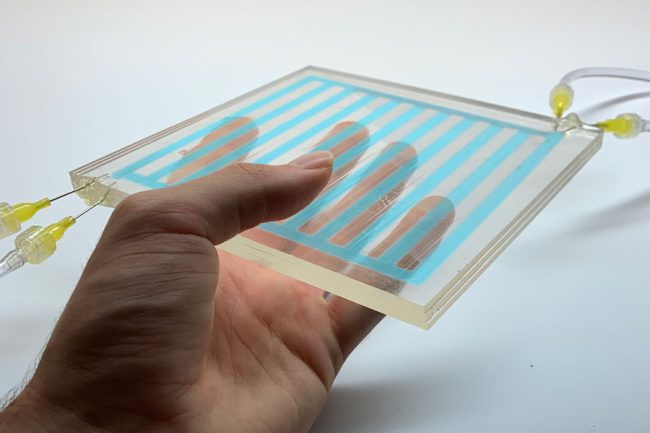At present, there are no approved medications for the treatment of cocaine and crack addiction. The primary approach to addressing these addictions involves a blend of psychological counseling, social support, and rehabilitation. But what works for one person may not be effective for another.
Now, scientists in Brazil, the world’s second-biggest consumer of cocaine, have unveiled an innovative new treatment for addiction to the drug and its potent derivative, crack: a vaccine.
The experimental vaccine “Calixcoca” has demonstrated encouraging outcomes in animal trials
The vaccine triggers an immune response that hinders cocaine and crack from affecting the brain. The researchers at the Federal University of Minas Gerais, who created the vaccine, believe that this could aid individuals in breaking the cycle of addiction since the addicts would no longer get high from the drug.
If approved, this would mark the first instance of using a vaccine to treat cocaine addiction.
The vaccine functions by stimulating the patient’s immune system to generate antibodies. These antibodies attach to cocaine molecules in the bloodstream, making them too large to enter the brain’s mesolimbic system, often referred to as the “reward center.” This is where the drug typically induces elevated levels of pleasure-inducing dopamine.
The vaccine uses lab-designed chemical compounds, making it a cost-effective option for production and eliminates the need for cold storage.






